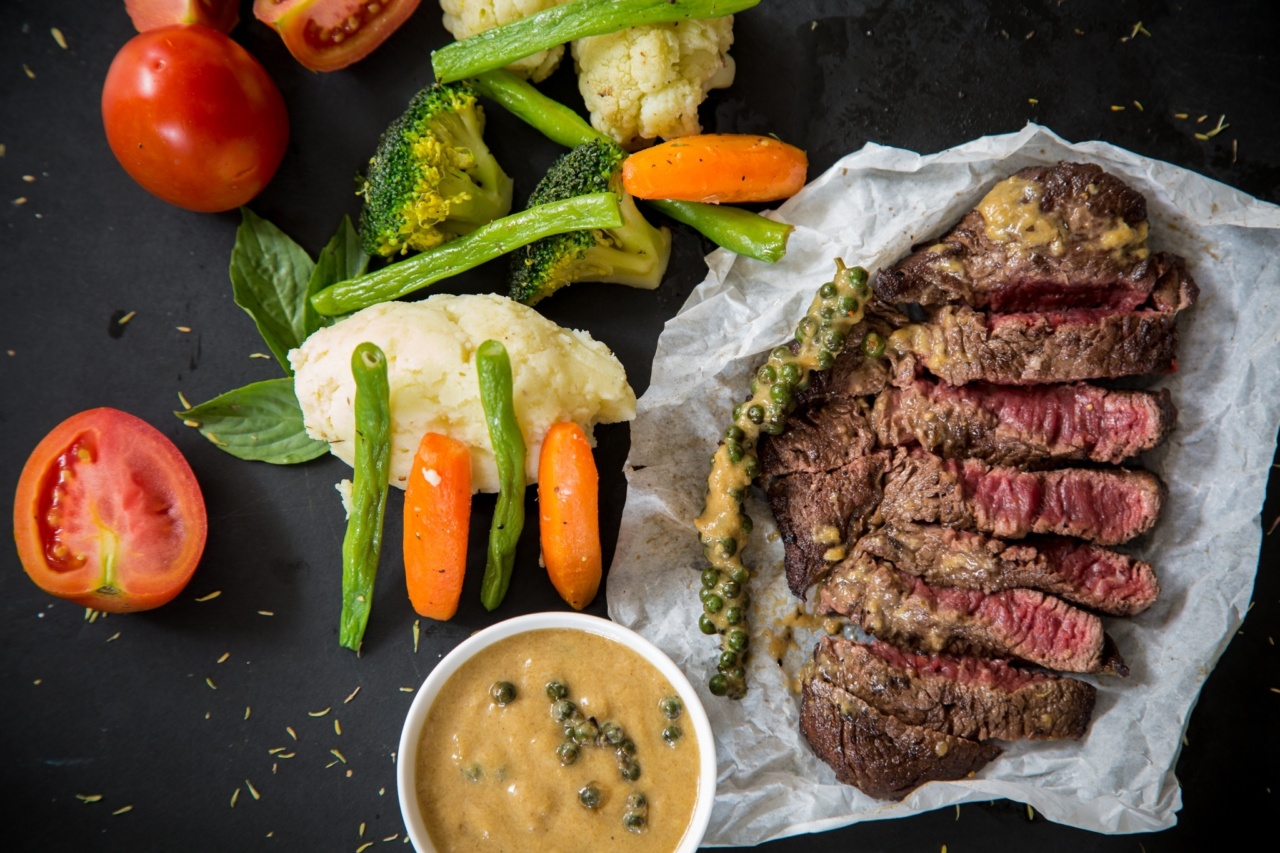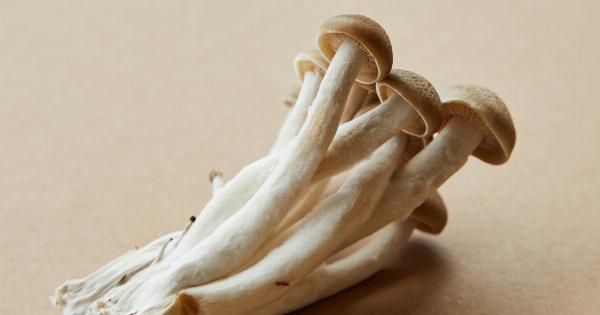Eating meat has been the norm for centuries, but with the increasing concern for animal welfare, environmental sustainability, and health-related issues, more people are looking for alternative sources of protein.
Fortunately, there are plenty of herbal options that are high in protein and other essential nutrients.
1. Lentils
Lentils are a staple food in many parts of the world and are a great source of protein, fiber, and complex carbohydrates. They are also low in fat and calories, making them an excellent choice for weight management.
2. Quinoa
Quinoa is a nutrient-dense seed that is high in protein, fiber, and other essential nutrients. It is also gluten-free and easy to digest, making it an ideal choice for those with gluten sensitivity or digestive issues.
3. Tofu
Tofu is a versatile soy-based protein that can be used in a variety of dishes. It is low in calories and saturated fat but high in protein, making it an excellent choice for vegetarians and vegans.
4. Chickpeas
Chickpeas, also known as garbanzo beans, are high in protein, fiber, and other essential nutrients. They are a versatile ingredient that can be used in a variety of dishes, such as salads, stews, and curries.
5. Hemp Seeds
Hemp seeds are a complete protein source that contains all nine essential amino acids. They are also high in omega-3 and omega-6 fatty acids, making them an excellent addition to your diet.
6. Almonds
Almonds are high in protein, fiber, and healthy fats. They are also a good source of vitamin E, magnesium, and other essential nutrients. Eating almonds regularly can help reduce the risk of heart disease and improve overall health.
7. Chia Seeds
Chia seeds are a superfood that is high in protein, fiber, and essential fatty acids. They are also low in calories and can help regulate blood sugar levels, making them an excellent choice for people with diabetes.
8. Peanuts
Peanuts are a great source of protein and other essential nutrients, such as vitamin B6, niacin, and folate. They are also high in monounsaturated fats, which can help reduce the risk of heart disease.
9. Black Beans
Black beans are high in protein, fiber, and other essential nutrients. They are also a good source of iron, which is important for healthy blood and energy production.
10. Spirulina
Spirulina is a blue-green algae that is high in protein, vitamins, and minerals. It is also a good source of antioxidants and can help boost the immune system and improve overall health.
11. Tempeh
Tempeh is a fermented soy-based protein that is low in fat and calories but high in protein and other essential nutrients. Its flavor and texture are similar to tofu but have a slightly nutty taste.
12. Edamame
Edamame is a young soybean that is high in protein, fiber, and other essential nutrients. It is also low in fat and calories and can be used in a variety of dishes, such as salads, stir-fries, and sauces.
13. Pumpkin Seeds
Pumpkin seeds are a great source of protein, essential fatty acids, and other important nutrients, such as magnesium and zinc. They can help reduce inflammation, improve immune function, and promote overall health.
14. Sunflower Seeds
Sunflower seeds are a good source of protein, fiber, and other essential nutrients. They are also high in vitamin E, which is important for healthy skin and can help reduce the risk of heart disease and other health issues.
15. Green Peas
Green peas are a good source of protein, fiber, and other essential nutrients. They are also low in fat and calories and can be used in a variety of dishes, such as soups, salads, and stir-fries.
16. Amaranth
Amaranth is a gluten-free grain that is high in protein, fiber, and other important nutrients. It can be used in a variety of dishes, such as porridge, soups, and salads.
17. Brown Rice
Brown rice is a whole grain that is high in protein, fiber, and other essential nutrients. It is also low in fat and calories and can be used in a variety of dishes, such as stir-fries, salads, and soups.
18. Cashews
Cashews are a great source of protein, fiber, and healthy fats. They are also a good source of magnesium, which is important for healthy bones and nerve function.
19. Pecans
Pecans are a good source of protein, healthy fats, and other essential nutrients, such as vitamin E and magnesium. They can help lower cholesterol levels and improve overall health.
20. Pistachios
Pistachios are a great source of protein, fiber, and other essential nutrients, such as vitamin B6 and potassium. They are also low in calories and can be used in a variety of dishes, such as salads, desserts, and snacks.
21. Sesame Seeds
Sesame seeds are a good source of protein, fiber, and other important nutrients, such as calcium and magnesium. They can help reduce inflammation, improve skin health, and promote overall wellness.
22. Spelt
Spelt is a ancient grain that is high in protein, fiber, and other essential nutrients. It is also a good source of complex carbohydrates, which can help regulate blood sugar levels and keep you full longer.
23. Buckwheat
Buckwheat is a gluten-free grain that is high in protein, fiber, and other important nutrients. It is also a good source of antioxidants, which can help improve immune function and reduce the risk of chronic diseases.
24. Soy Milk
Soy milk is a dairy-free alternative to cow’s milk that is high in protein, fiber, and other essential nutrients. It is also a good source of calcium and vitamin D, which are important for healthy bones and teeth.
25. Oatmeal
Oatmeal is a whole grain that is high in protein, fiber, and other essential nutrients. It can help reduce cholesterol levels and improve heart health.
26. Kale
Kale is a leafy green vegetable that is high in protein, fiber, and other important nutrients, such as vitamins A, C, and K. It can help reduce inflammation, improve digestion, and promote overall health.
27. Broccoli
Broccoli is a cruciferous vegetable that is high in protein, fiber, and other essential nutrients, such as vitamin C and folate. It can help reduce the risk of cancer and improve overall health.
28. Spinach
Spinach is a leafy green vegetable that is high in protein, fiber, and other essential nutrients, such as iron and vitamin K. It can help improve bone health and reduce the risk of chronic diseases.
29. Asparagus
Asparagus is a vegetable that is high in protein, fiber, and other essential nutrients, such as vitamin K and folate. It can help reduce inflammation, improve digestion, and promote overall health.
30. Brussels Sprouts
Brussels sprouts are a cruciferous vegetable that is high in protein, fiber, and other essential nutrients, such as vitamin C and folate. They can help support a healthy immune system and reduce the risk of chronic diseases.




























